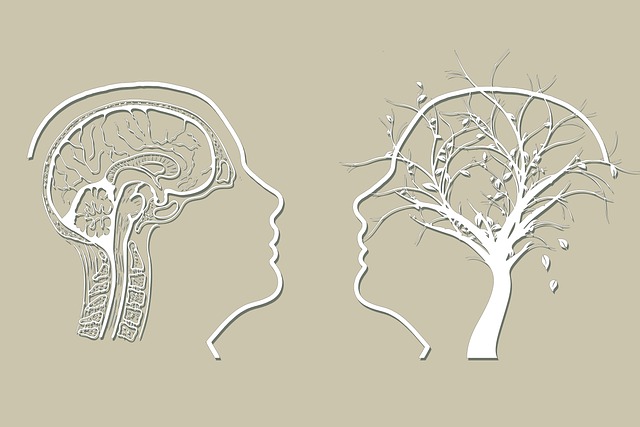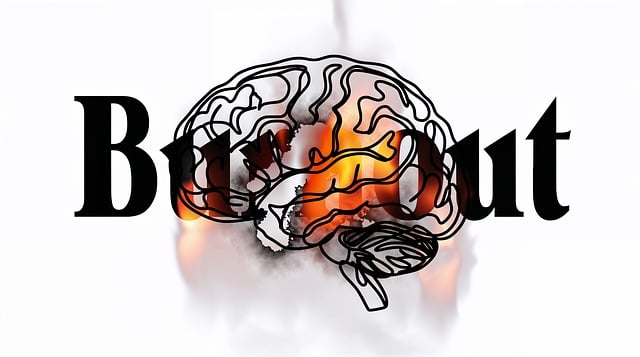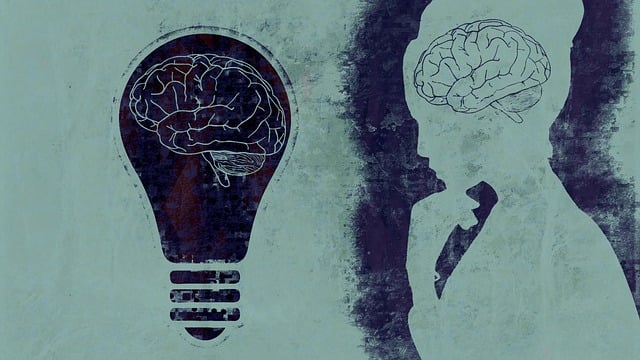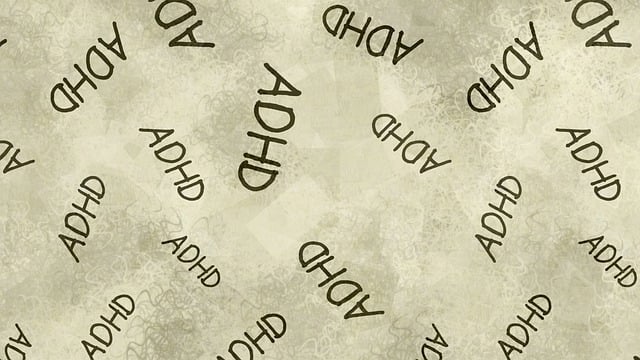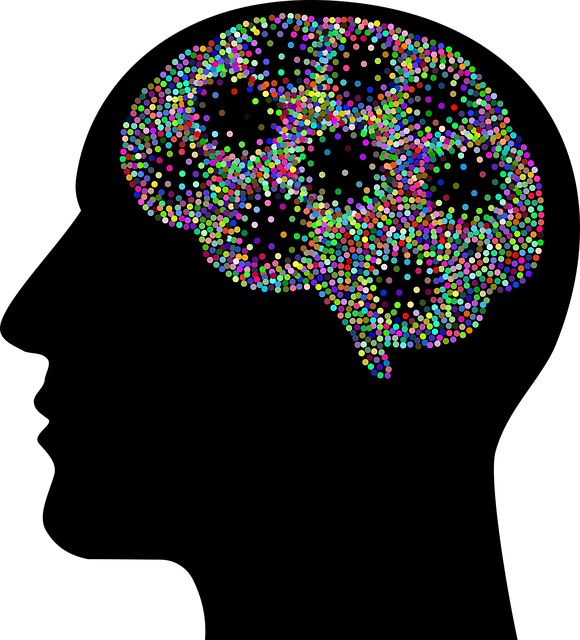Louisville's ASD community benefits from a tailored mental health education program that starts with understanding unique challenges through deep listening, incorporating empathy-building and resilience-focused strategies. Using interactive curriculum design with diverse elements, practical skill development, and evidence-based practices empowers individuals while fostering inclusivity. Strategic outreach through partnerships and training facilitators ensures accessibility, trust, and high-quality support for everyone's mental health journey in Louisville ASD Therapy initiatives.
“Louisville’s Autism Spectrum Disorder (ASD) community faces unique mental health challenges, underscoring the need for tailored educational programs. This article explores the strategic design of a comprehensive mental health education initiative focusing on ASD individuals. We delve into assessing local needs and setting realistic goals, engaging curriculum design to foster an inclusive learning environment, and effective implementation strategies for optimal outreach and support services. By implementing these strategies, Louisville can enhance its ASD therapy landscape.”
- Assessing Needs and Goals: Tailoring the Program for Louisville's ASD Community
- Engaging Curriculum Design: Creating an Inclusive Learning Environment
- Implementation Strategies: Ensuring Effective Outreach and Support Services
Assessing Needs and Goals: Tailoring the Program for Louisville's ASD Community

In designing a mental health education program tailored to Louisville’s Autism Spectrum Disorder (ASD) community, assessing needs and setting goals is a crucial first step. This process involves deep listening and understanding the unique challenges faced by individuals with ASD, their families, and caregivers in this specific urban setting. By engaging in comprehensive risk assessments for mental health professionals, we can ensure that interventions are both effective and safe.
The program should prioritize empathy-building strategies to foster inclusive environments where participants feel understood and supported. Equally important is integrating resilience-building techniques into the curriculum. These strategies not only enhance coping mechanisms but also promote a sense of belonging and empowerment within the Louisville ASD community. This tailored approach ensures that education and therapy meet the specific needs, fostering positive mental health outcomes for individuals navigating autism in this dynamic city environment.
Engaging Curriculum Design: Creating an Inclusive Learning Environment

Curriculum design plays a pivotal role in fostering an engaging and inclusive learning environment for mental health education programs, especially when addressing diverse needs like those associated with Louisville Autism Spectrum Disorder Therapy. A well-structured curriculum should incorporate various interactive elements to cater to different learning styles, ensuring every participant feels valued and included. This might include hands-on activities, group discussions, and multimedia resources that encourage active participation. By creating a dynamic and supportive atmosphere, the program can enhance self-esteem improvement among students, fostering a sense of belongingness.
Furthermore, effective curriculum design should emphasize practical skills, such as communication strategies tailored to individuals with autism spectrum disorders. Teaching evidence-based techniques for risk management planning for mental health professionals is another critical aspect. Through interactive workshops and role-play scenarios, students can gain confidence in handling complex situations, ultimately contributing to their professional growth and the success of Louisville Autism Spectrum Disorder Therapy initiatives.
Implementation Strategies: Ensuring Effective Outreach and Support Services

Implementing a comprehensive mental health education program requires strategic outreach and support services to effectively engage individuals in need, especially those with conditions like Louisville Autism Spectrum Disorder Therapy (ASD). One key strategy is to leverage community partnerships and networks to ensure accessibility and trust. Collaborating with local schools, healthcare providers, and community organizations can help spread awareness about the program’s benefits and target specific populations, such as youth or families facing unique challenges.
Additionally, incorporating practical tools like Mind Over Matter Principles, Crisis Intervention Guidance, and Self-Esteem Improvement techniques into educational materials empowers participants with immediate coping strategies. These evidence-based practices enable individuals to navigate stress, anxiety, or emotional crises more effectively. Training facilitators in these methods ensures consistent delivery of high-quality support, fostering an inclusive environment where every participant feels valued and supported on their mental health journey.
Louisville’s mental health education program, tailored for individuals on the Autism Spectrum Disorder (ASD) spectrum, has the potential to significantly enhance access to supportive therapy. By assessing specific community needs and goals, engaging in inclusive curriculum design, and employing effective implementation strategies, this initiative can foster an environment that promotes understanding and empowers those with ASD. Through collaborative efforts and a focus on accessibility, Louisville can revolutionize mental health support, making it a game-changer for the local ASD community.

